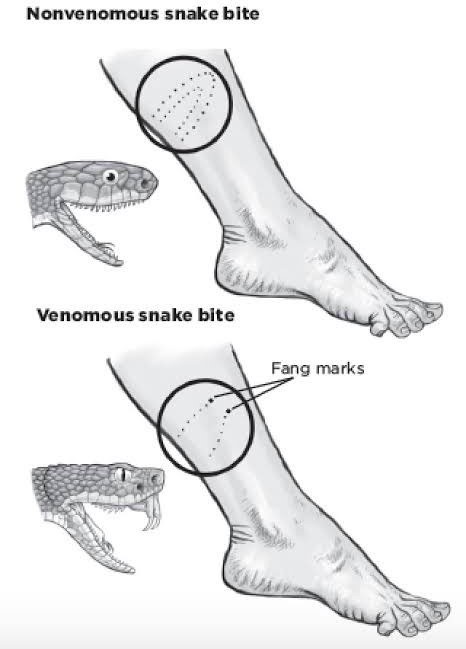A nurse is caring for a client who has valvular heart disease and is at risk for developing left-sided heart failure. Which of the following manifestations should alert the nurse that the client is developing this condition?
Weight gain
Anorexia
Distended abdomen
Breathlessness
The Correct Answer is D
Choice A: Weight gain is not a manifestation of left-sided heart failure. Weight gain is more likely to occur in right-sided heart failure, as the blood backs up in the systemic circulation and causes fluid retention and edema in the body.
Choice B: Anorexia is not a manifestation of left-sided heart failure. Anorexia is a loss of appetite, which can have many causes, such as psychological disorders, infections, medications, or cancer. Left-sided heart failure does not directly affect appetite, but it can cause nausea, fatigue, and weakness.
Choice C: A distended abdomen is not a manifestation of left-sided heart failure. A distended abdomen is more likely to occur in right-sided heart failure, as the blood backs up in the portal vein and causes increased pressure in the liver and spleen. This can lead to hepatomegaly, splenomegaly, ascites, and varices.
Choice D: Breathlessness is a manifestation of left-sided heart failure. Breathlessness, or dyspnea, is a sensation of difficulty breathing or shortness of breath. Breathlessness occurs in left-sided heart failure, as the blood backs up in the lungs and causes pulmonary congestion and edema. This impairs gas exchange and reduces oxygen delivery to the tissues.
Nursing Test Bank
Naxlex Comprehensive Predictor Exams
Related Questions
Correct Answer is C
Explanation
Choice A: Removing the elastic bandages is not recommended. These bandages help slow the spread of venom by compressing the lymphatic vessels. Removing them could worsen the envenomation.
Choice B: This is incorrect. The nurse should not discharge the client, as they may develop serious complications from the snake bite, such as swelling, bleeding, infection, or shock. The client should be monitored closely and treated accordingly.
Choice C: This is the correct action. Antivenom treatment is crucial for serious snake envenomation. The sooner it can be administered, the better the outcome.
Choice D: While pain management is important, it is not the priority in this situation. Antivenom takes precedence over pain medication.

Correct Answer is ["B","C","D","E"]
Explanation
Choice a) is incorrect because nausea is not a common manifestation of ARF. Nausea is a sensation of discomfort in the stomach that may or may not lead to vomiting. Nausea can be caused by many other conditions, such as gastroenteritis, motion sickness, or pregnancy.
Choice b) is correct because severe dyspnea is a common manifestation of ARF. Dyspnea is a subjective feeling of difficulty or discomfort in breathing. Severe dyspnea indicates that the client is not getting enough oxygen and may have low blood oxygen levels (hypoxemia) or high carbon dioxide levels (hypercapnia).
Choice c) is correct because headache is a common manifestation of ARF. Headache is a pain or discomfort in the head, scalp, or neck. Headache can be caused by high carbon dioxide levels (hypercapnia), which can affect the blood vessels and nerves in the brain.
Choice d) is correct because a decreased level of consciousness is a common manifestation of ARF. Level of consciousness is a measure of how alert and oriented a person is. A decreased level of consciousness can be caused by low blood oxygen levels (hypoxemia), high carbon dioxide levels (hypercapnia), or acid-base imbalance, which can affect brain function and mental status.
Choice e) is correct because hypotension is a common manifestation of ARF. Hypotension is a condition in which the blood pressure is lower than normal. Hypotension can be caused by low blood oxygen levels (hypoxemia), which can impair heart function and reduce cardiac output.
Whether you are a student looking to ace your exams or a practicing nurse seeking to enhance your expertise , our nursing education contents will empower you with the confidence and competence to make a difference in the lives of patients and become a respected leader in the healthcare field.
Visit Naxlex, invest in your future and unlock endless possibilities with our unparalleled nursing education contents today
Report Wrong Answer on the Current Question
Do you disagree with the answer? If yes, what is your expected answer? Explain.
Kindly be descriptive with the issue you are facing.
